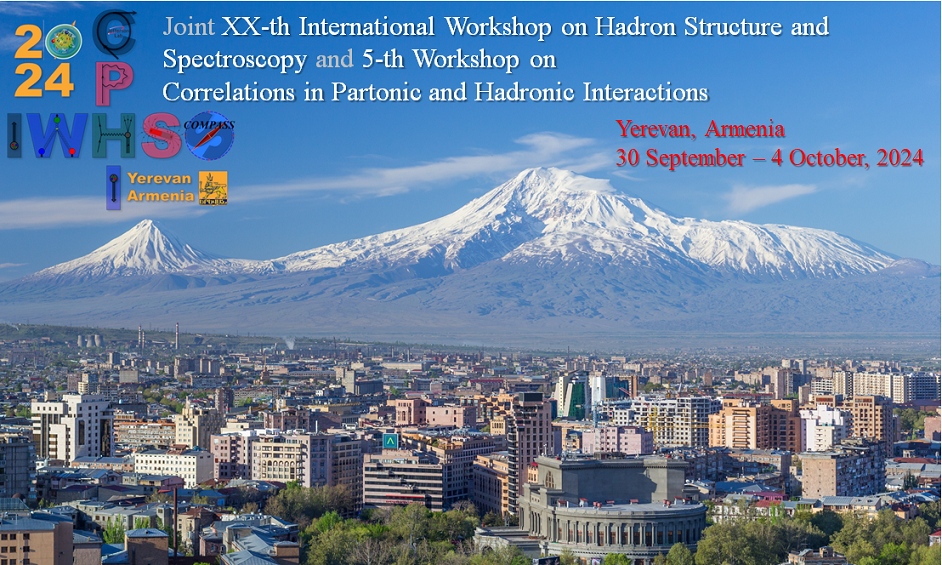Speaker
Description
SpinQuest, a fixed-target experiment at Fermilab, studies the Drell-Yan process by utilizing transversely polarized NH₃ and ND₃ targets alongside an unpolarized 120-GeV proton beam. The primary goal is to measure single spin azimuthal asymmetries that arise from the correlation between the transverse momentum of the struck quark and the spin of the parent nucleon, referred to as Sivers asymmetry. The angular distribution of final-state di-muons from the Drell-Yan process, in relation to the target polarization, is sensitive to one of the eight Transverse Momentum Dependent (TMD) parton distribution functions, the Sivers function, which can only be cleanly accessed in this process. Designed with optimized acceptance and kinematics to capture contributions from the target anti-quarks, SpinQuest seeks to assess the existence of orbital angular momentum (OAM) of sea quarks in the nucleon through the measurement of non-zero Sivers functions, contributing to a broader understanding of individual contributions to proton spin as well as testing the QCD prediction regarding the sign change of the Sivers function in the Drell-Yan process compared to that in semi-inclusive deep inelastic scattering (SIDIS). Additionally, the experiment aims to measure transverse single-spin asymmetries (TSSA) for J/Psi production, which are sensitive to the gluon Sivers function. This presentation will outline the current status and plans for the SpinQuest experiment.
